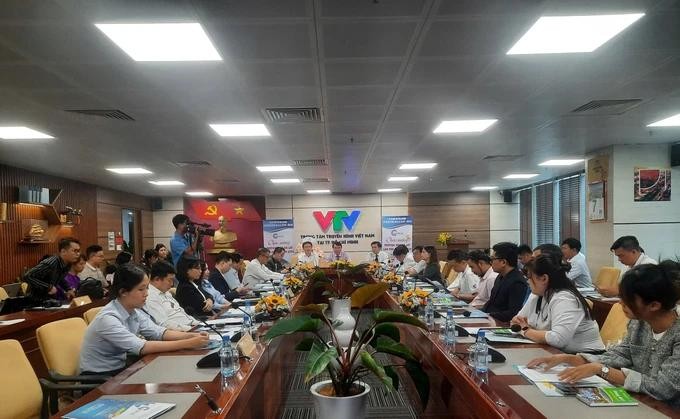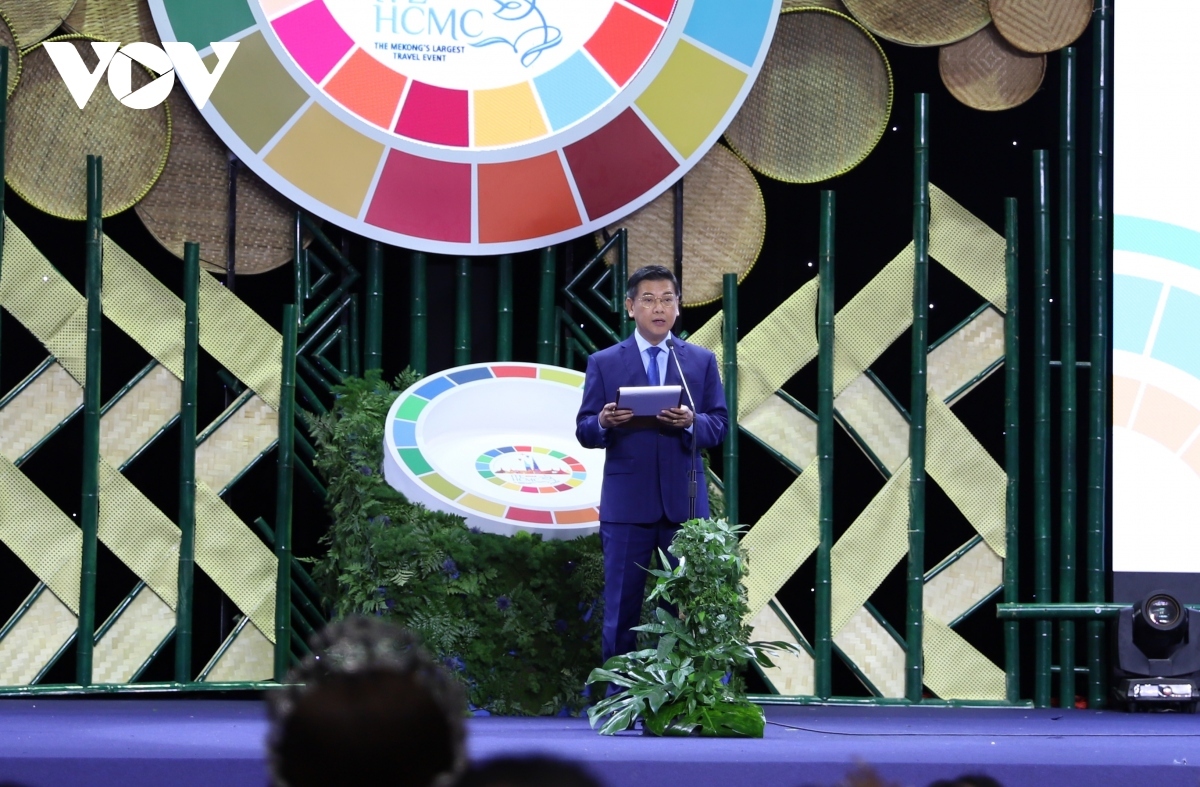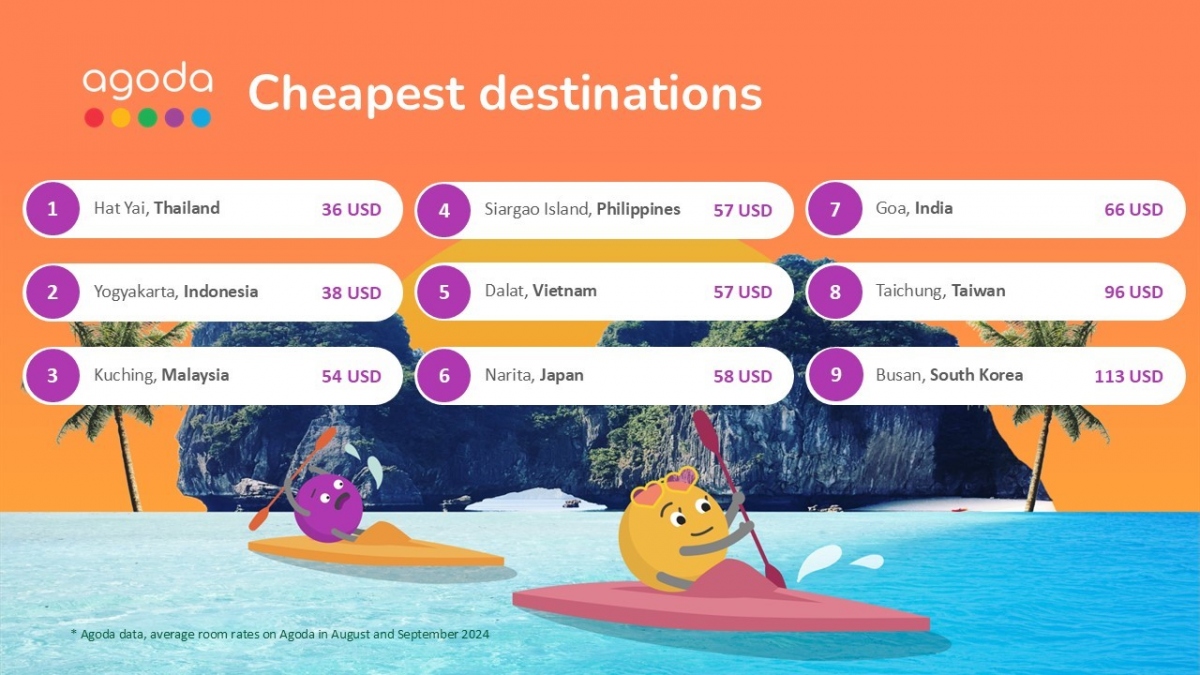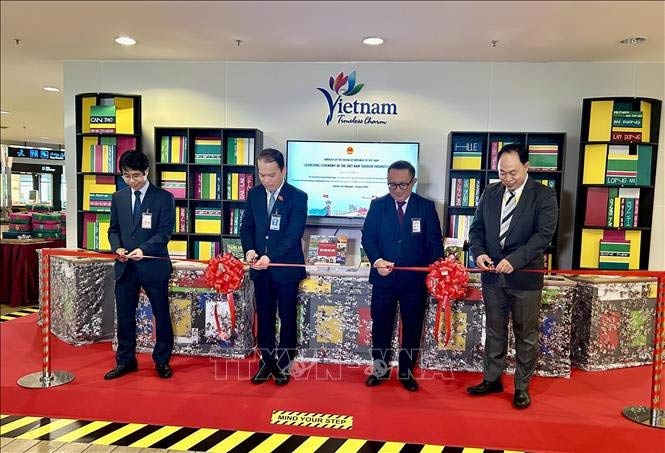The prices of many domestic and exported agricultural products have increased considerably from mid-2023 until now, especially the prices of rice and coffee. In the first four months of 2024, the average export prices of Vietnamese rice reached 644 USD per tonne, an increase of 22.2%, while the average prices of coffee were reported at 3,402 USD per tonne, a sharp surge of 49.7% over the same period in 2023.
 |
| Coffee prices have continuously reached peaks, from 45,000 VND per kg in 2023 to nearly 140,000 VND per kg. (Illustrative image/Photo: HA ANH) |
Domestic rice prices also recorded a significant rise, compared to previous seasons, while coffee prices have continuously reached peaks, from 45,000 VND per kg in 2023 to nearly 140,000 VND per kg. The reason is the sharp decrease in the supply of the world’s rice and coffee markets.
On the one hand, this is good news for the entire agricultural industry, as there is an opportunity to expand export turnover and export markets. On the other hand, there is concern about the risk of supply chain disruption.
Many businesses say that record coffee prices are causing chaos in the market, and the supply chain has become more fragile than ever. The connection between stakeholders and the legality of the coffee business reveals looseness. When coffee prices suddenly shoot up, farmers do not deliver goods to agents, thus, agents do not deliver goods to exporters. As a result, exporters do not have a source of goods to supply to foreign roasters, leading to supply chain disruption and loss of reputation for the Vietnamese coffee industry.
The rice industry is also facing a similar situation, as delivery contracts were signed but businesses cannot purchase raw materials or must buy at very high prices, causing the risk of large losses or suspension of operation for enterprises. In the long term, when the market calms down, oversupply and a lack of businesses participating in processing and exporting will occur, seriously affecting the country’s rice production and export.
Linkages in the chain of production-harvest-processing-consumption and the cooperation between manufacturers, businesses, banks, and the State, are issues that have been discussed at length. Many documents and policies have also been issued to ensure the legality of such connections. However, the policies have yet to promote its effectiveness and the situation of breaking commitments in buying and selling agricultural products, still occurs regularly.
Therefore, protecting the agricultural supply chain is an urgent requirement, to ensure healthy, transparent and sustainable development of the agricultural sector. This requires a transformation from psychology to the action of both producers and businesses. Accordingly, both sides need a broader vision than immediate benefits. When farmers break the deal, businesses will lack raw materials for export and are forced to withdraw from the market, and in the long run, the farmers themselves will lose customers.
If businesses fail to connect with farmers and harmoniously share benefits to have a stable source of raw materials, there is a high risk of breaking commitments amid price hikes.














